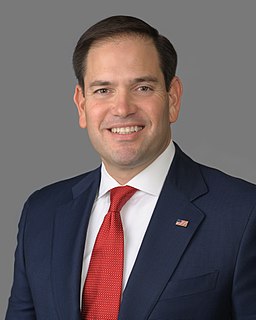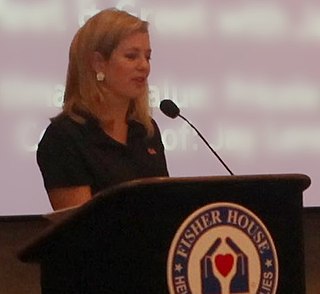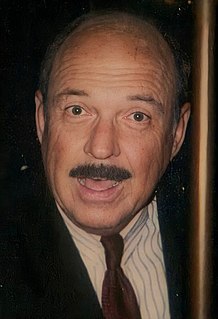A Quote by Stephen Kinzer
During the late 1970s and early 1980s, Latin America moved decisively away from military rule and toward civilian democracy.
Related Quotes
In Latin America, in the past, it was almost impossible to guarantee democracy. There were military dictatorships, and nowadays there are not so many military dictatorships. Although we have a dictator in Honduras, as a result of a coup, now as a president, he is almost the only one I would say. But again led or managed, gestated by the U.S. government.
There is a residual sense for me, having grown up in the early '70s, that I did not know I had, which was a sense that the military are different than I. Because there was such a divide between the military world - and there still is, because there's no draft - and the civilian world is one of the rotten harvests of the Vietnam War, was this sort of bifurcation of America in that way.
For a Nebraska kid in the late 1970s and early 1980s, Nebraska football was a quasi-religion, so I ran out to get The Omaha World-Herald every morning, salivating for the sports page. My dad, however, required that I read one front page story and one editorial before I was allowed to turn to the sports.
It seems evident that the IMF has learned nothing from its inequality-inducing policies during the 1980s debt crises in Latin America nor from its recession-deepening response to the East Asian crisis of the late 1990s. In both regions, the IMF has become synonymous with making bad situations worse.
If it is an element of liberation for Latin America, I believe that it should have demonstrated that. Until now, I have not been aware of any such demonstration. The IMF performs an entirely different function: precisely that of ensuring that capital based outside of Latin America controls all of Latin America.
During the Cold War, tensions between the West and the Soviet Union affected virtually all countries worldwide. As a result, throughout Latin America, guerrilla groups emerged, seeking to destabilize military dictatorships and attain democracy, freedom, and policy reform - goals that they believed could not be achieved peacefully.


































